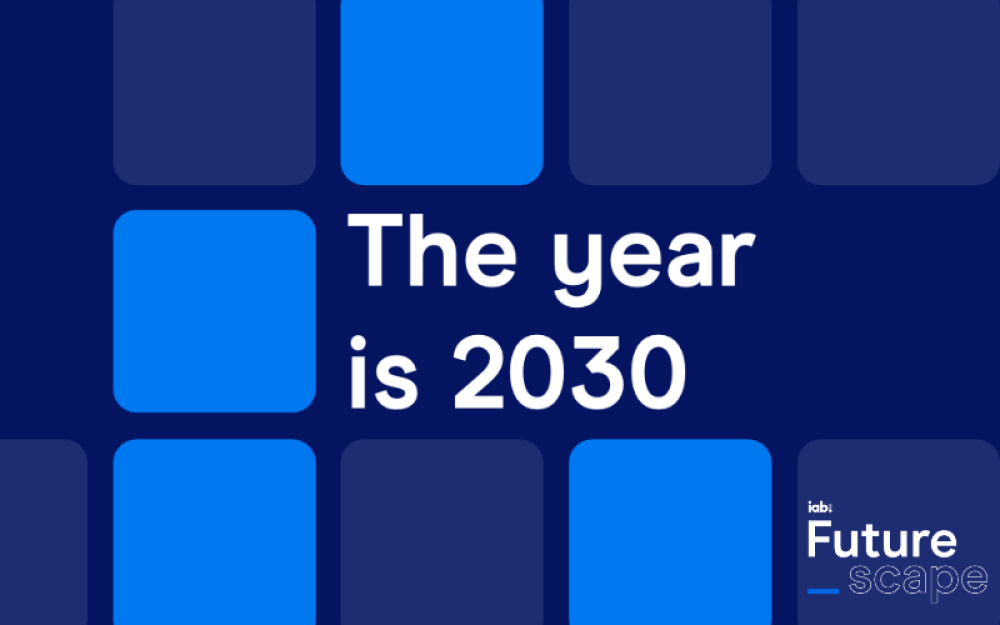
CMA launches industry consultation on Google’s commitments
The Competition and Markets Authority (CMA) has launched a consultation on potentially releasing Google from its existing commitments relating to the deprecation of the third-party cookie in Chrome

Directory of targeting & measurement tools
Testing alternative solutions to target and measure your campaigns is essential in light of the new addressability challenges presented by a declining third-party cookie pool. Get acquainted with cookieless products that are currently in the market - this directory pulls together what’s on offer from IAB UK members, as well as who you should get in touch with at each company.

Cookieless checklist for advertisers
We’ve worked with law firm Bird & Bird to create a checklist of eight essential questions advertisers and agencies should ask prospective vendors when it comes to selecting the right cookieless technology for their objectives.
Are you up-to-date?
Catch up on the latest news and plus explore guides and resources from IABs and the wider industry to help you create cookieless strategies.
Understanding the ecosystem

Linked audiences
Linked audiences relate to strategies where publisher and advertiser audiences can be directly linked using an identifier at a 1:1 level
Learn more
Unlinked audiences
Unlinked audiences relate to targeting strategies where there is no ability to directly link a publisher's audience to the advertiser’s audience
Learn more
Browser / Operating System-Linked audiences
Find out more about environments where a browser or operating system links a publisher and advertiser data
Learn more
Post-cookie advice from our members on The IAB UK Podcast
From Teads on post-cookie readiness to Google on privacy-first targeting solutions, head to The IAB UK Podcast for advice from our members.

What's next? Targeting & measurement FAQs
Need a refresher on what’s happened to date and why third-party identifiers are in decline? We round up what you need to know and break down the key facts with FAQs to ensure you’re up-to-date.

Ad Ops Community
The IAB Ad Ops Community is a hub for Ad Operations professionals to connect, learn, and shape the future of ad tech. Focus areas include best practices, emerging technologies like AI and programmatic, and troubleshooting challenges such as ad fraud and attribution gaps. Gain career insights from industry veterans and explore new paths in ad ops.

The year is 2030. Traditional targeting is no longer fit for purpose
By 2030, IAB Futurescape predicts advertising will be adapting to a shifting demographic landscape and changing societal values. The UK population will be older - with over 58% of people aged 35 or above - and household structures will be increasingly diverse, with the nuclear family in the minority. As a result, targeting consumers based on age, life stage or family structure will no longer resonate and will become increasingly redundant routes for advertisers, requiring a rethink of audience targeting.